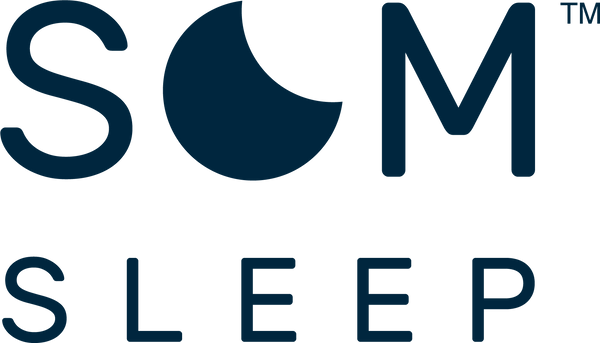
How Sleep Impacts Your Grades
Share
From late nights at a frat party to all-nighters in the library, college seems to leave little room for sleep. Watching the sunrise from a dorm room with your new best friends on a Tuesday morning seems like a terrific idea. Maybe you’re more into playing Fortnite with your roomie, eating Cheetos, and talking about Instagram until 4am. Either way, with no parental guidance and seemingly infinite freedom, college students may find themselves ignoring their need for sleep.
We all know sleep is important. Students should be asking themselves if sporadic sleep patterns can impact what’s important to them, a.k.a. their grades. Is pulling an all-nighter really going to help you ace that exam? Was staying up all night last Wednesday trying to make grilled cheese in the dorm with a toaster worth it?
The truth is simple: poor sleep can drastically impact your grades. Sleep should be taken seriously, and the only way to do that is to prioritize it. According to a study conducted by Fred Danner, a contributor to the American Academy of Sleep Medicine, insufficient sleep can cause you to be less motivated and earn worse grades than your well-rested counterparts. Lack of sleep can also wreak havoc on your emotions.
So, how serious of an issue is insufficient sleep? According to a 2014 study published by Dove Medical Press Limited (DMPL), 50% of students report feeling drowsy during the day. Even worse? 70% say they’re not getting enough sleep. Similar to Danner’s research, this study found that insufficient sleep was linked to poor grades and a lack of motivation. Students that slept the night before an exam consistently performed better on tests. Plus, this study found that insufficient sleep negatively impacts your memory and driving and can even contribute to depression.
Let’s talk about the behaviors rampant on college campuses. Do these impact your ability to get a good night’s sleep? In a word, yes. Inconsistent sleep schedules, alcohol consumption, and late night exposure to blue light are three key factors that contribute to subpar ZZZs. Sound familiar? We’re willing to bet it does.
DMPL’s study shows that 80% of college students are drinking alcohol. We’ve been there. But 40% are binge drinking and some students are even attempting to use alcohol as a sleep aid. Spoiler alert: this doesn’t work. Alcohol may seem to help you fall asleep, but it will also be the reason you wake up a few hours later.
Stimulants like coffee, energy drinks, and drugs are also linked to fragmented sleep. With caffeine, study drugs, and party stimulants around every corner in college, these can seem like easy solutions to a student’s drowsiness. For example, 67% of energy drink users who are opting for a boost due to lack of sleep. The pattern is not only self-destructive, but also cyclical - the more stimulants consumed, the less likely an individual is to fall asleep (and, in turn, be tired the next day).
Finally, the DMPL study focused largely on the effects of technology. With 67% of students admitting to using technology before bed and 57% leaving their cell phones on at night, it’s no surprise that the blue light emitted from these devices impacts sleep.
College students need to focus on the behaviors that impact their sleep and take simple steps to create good sleep habits. Is staying up until 4am playing Dungeons and Dragons worth failing your final exam the next day? Probably not. Coffee and other stimulants are a temporary fix to a long-term problem, and missing that “wya” text at 2am because your phone is off isn’t the end of the world. Those all-nighters may seem like a good idea in the moment, but your memory may fail you while you sit there staring at that mid-term (and undoubtedly thinking about your pillow). It’s this simple: if you prioritize sleep, you can perform better. Do it for the grades… or at the very least for your own wellbeing!
